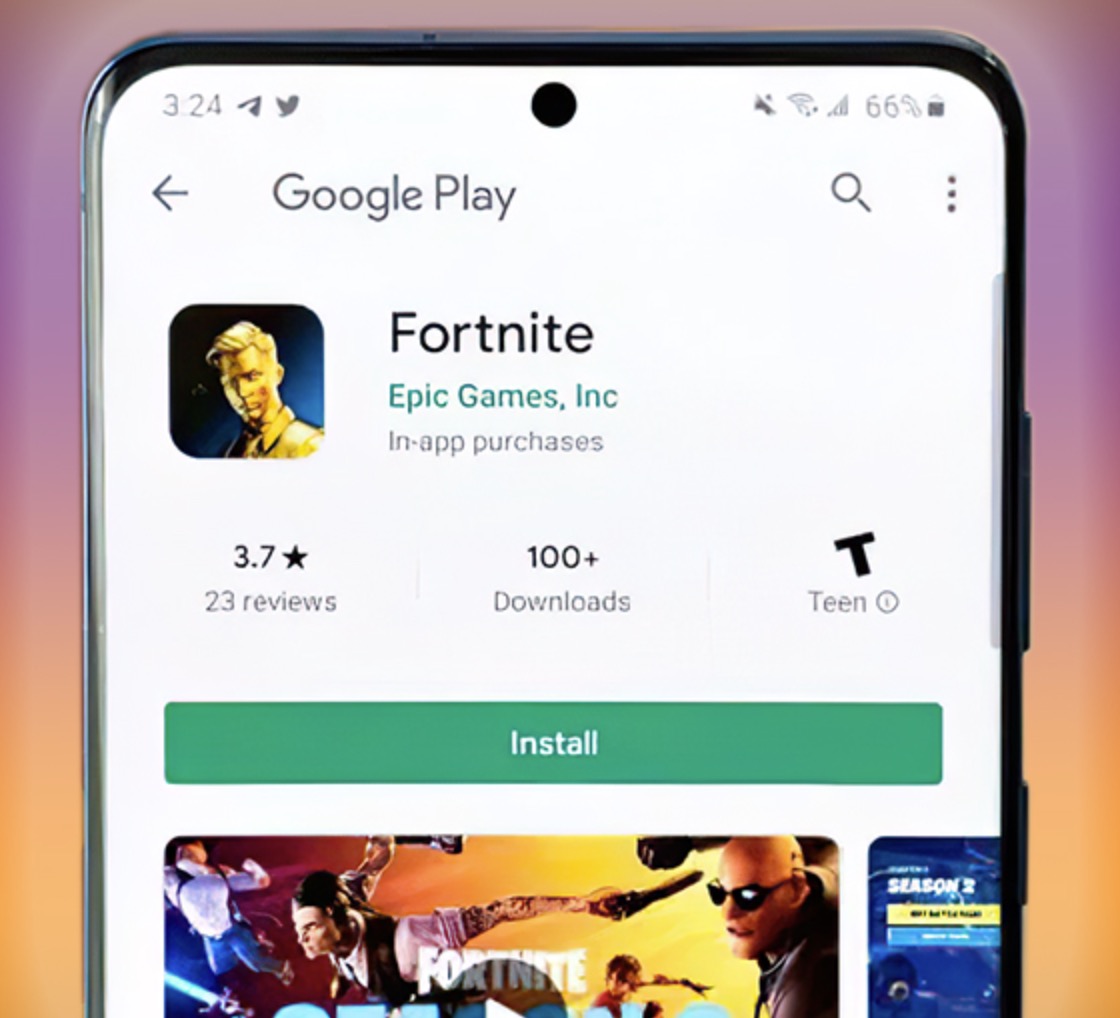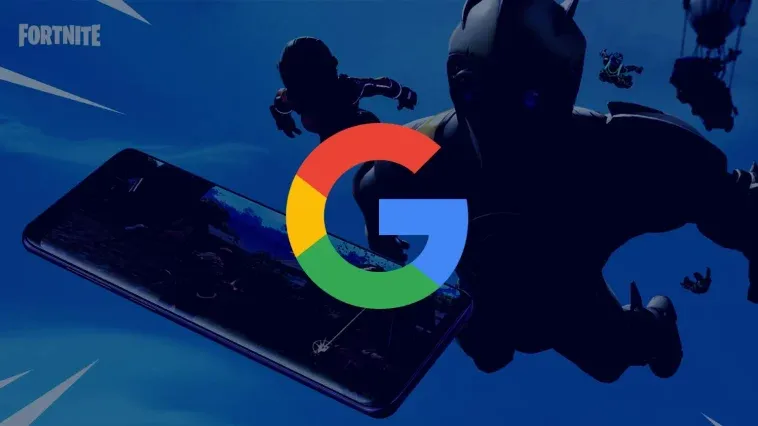(Reclaim The Net) In the case of Epic v. Google, the jury on Monday announced its decision, determining that Google transformed its Google Play app store and Google Play Billing service into an unlawful monopoly.
The jury reached a unanimous consensus on all queries presented to them, affirming that Google possesses monopolistic control in both the Android app distribution and in-app billing service sectors. Jurors concurred that Google engaged in practices that stifled competition within these markets, resulting in harm to Epic Games, the maker of the popular Fortnite video game.
Furthermore, the jury concluded that Google unlawfully linked its Google Play app store with its Google Play Billing payment services. They also found that Google’s distribution agreements, its Project Hug initiatives with game developers, and its contracts with Original Equipment Manufacturers (OEMs), were similarly detrimental to competition.
Over four weeks, the trial of Google versus Epic Games unfolded, featuring testimony from key executives: Google’s CEO Sundar Pichai and Epic’s CEO Tim Sweeney.
Epic’s primary allegation was Google’s misuse of its dominant position in the Android ecosystem. The claim focused on Google leveraging its financial power to safeguard its Play Store’s payment system, where it imposes a commission ranging from 15% to 30% on transactions within apps. This model, similar to Apple’s approach with its iPhone app store, has been a significant profit generator for Google.

In its defense, Google argued that these fees were necessary to offset the substantial investments made in developing the Android platform, which has been freely available since 2007. To counter claims of a monopoly, Google pointed to other Android app stores, such as Samsung’s, as evidence of market competition.
The jury’s decision in this case all depended on how they defined the smartphone app market. Epic contended that Google’s Play Store monopolizes the market, leading to higher prices for consumers and hindering innovation among app developers. Google, however, portrayed a competitive market that includes Apple’s iPhone app store and other Android alternatives.
The trial also highlighted Google’s competitive relationship with Apple in-app distribution, despite their differing operating systems. This aspect is central to another antitrust trial in Washington, where the US Justice Department accuses Google of dominating the online search market. In this trial, to be decided by a judge, Google’s financial arrangements to secure its default search engine status on various devices, including payments to Apple, are under scrutiny.
Analysis:
The immediate takeaway here is that Google, or rather Alphabet, its parent company, is almost certainly gearing up to appeal. Why wouldn’t they? This verdict strikes at the heart of its revenue stream from the Google Play store, and it’ll fight tooth and nail to protect it. But this isn’t just about Google protecting its turf; it’s about setting a precedent. If this verdict holds, it could open the floodgates for similar lawsuits and force major changes in how app stores are run, possibly leading to more openness and fairer competition.






